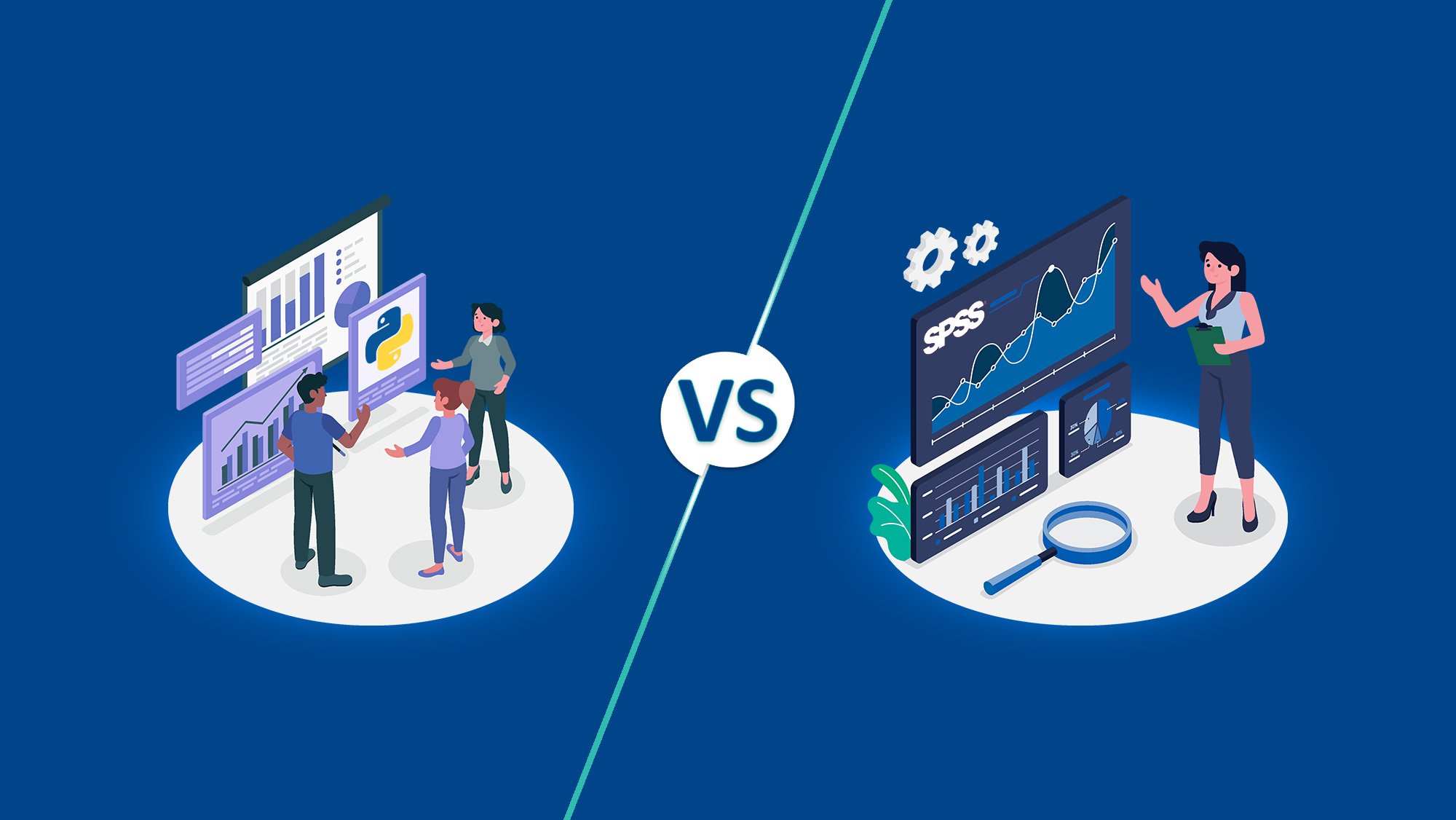Mastering SPSS: A Comprehensive Guide for Data Analysis
Introduction:
In today's data-driven world, the ability to extract meaningful insights from complex datasets is a prized skill. Enter the Statistical Package for the Social Sciences (SPSS), a robust software that empowers individuals across disciplines to perform advanced data analysis with relative ease. In this comprehensive guide, we will take you on a journey of mastering SPSS, from the basics to the advanced, enabling you to unravel the stories hidden within your data.
1. Introduction to SPSS: Unveiling the Power
At its core, SPSS is a software package developed for statistical analysis. It offers an intuitive interface that belies its formidable capabilities. In this section, we'll introduce you to SPSS, highlighting its significance in various fields, from social sciences to healthcare and market research. Understanding why SPSS is a preferred choice will set the stage for your data analysis journey.
2. Getting Started: Navigating the Interface
As you embark on your SPSS adventure, familiarizing yourself with the software's interface is essential. The Data Editor, Output Viewer, and Syntax Editor are key components that will become your allies in the data analysis process. In this section, we'll guide you through these components, helping you navigate with confidence.
3. Data Preparation: The Crucial First Step
Before delving into analysis, data preparation is a critical step. In this chapter, we'll explore data types and formats, equipping you with the knowledge needed to handle different data sources seamlessly. Importing data from Excel, CSV files, and databases will become second nature, and you'll learn techniques to clean and transform data for accurate analysis.
4. Descriptive Statistics: Unraveling Data Patterns
Descriptive statistics form the bedrock of any analysis. In this chapter, explore measures of central tendency, dispersion, and visualizations. From the mean to histograms, you'll be equipped to understand your data's characteristics like never before.
5. Crafting Visual Representations: Painting Insights
Data visualization is an art in itself. We'll delve into creating an array of visualizations using SPSS. Learn how to choose the right visual representation for different types of data and how to customize them to convey your findings with impact.
6. Inferential Statistics: The Science of Decision-Making
Hypothesis testing is at the core of making informed decisions. Dive into the world of inferential statistics, mastering t-tests, ANOVA, and chi-square tests. This chapter will guide you through running these tests, interpreting their results, and drawing actionable insights.
7. Correlation and Regression: Unveiling Relationships
Understanding relationships between variables is a key facet of data analysis. We'll unravel the intricacies of correlation and regression analysis, equipping you to discern patterns, predict outcomes, and grasp the limitations of these techniques.
8. Advanced Techniques: Delving Deeper
Elevate your skills with advanced SPSS techniques. Learn how to unravel complex relationships with factor analysis, identify clusters in your data with cluster analysis, and analyze survival data with survival analysis. These techniques open doors to more sophisticated insights.
9. Effective Reporting: Communicating Your Findings
Analysis is only valuable if it's communicated effectively. This chapter will guide you through creating informative tables, charts, and graphs. You'll also learn how to export your results to various formats for compelling reports and presentations.
10. Workflow Efficiency: Hacks for Productivity
Efficiency is the hallmark of a skilled analyst. Discover keyboard shortcuts, the power of SPSS syntax for automation, and troubleshoot common issues to streamline your workflow and enhance your productivity.
11. Resources and Continual Learning: Your SPSS Companion
Learning is a continuous journey. Explore online tutorials, courses, books, and manuals to further enhance your SPSS mastery. Join SPSS communities to network with fellow enthusiasts, share experiences, and gain insights.
Conclusion:
Congratulations! You've journeyed through the realms of SPSS, transforming from a novice to a proficient data analyst. Armed with a deep understanding of SPSS, you're now equipped to dissect complex data, uncover hidden insights, and contribute to informed decision-making across various domains.
Mastering SPSS is not just about manipulating data; it's about unearthing stories within numbers and enriching our understanding of the world through data-driven insights. As you close this guide, remember that your newfound skills are a stepping stone to countless opportunities in research, business, and academia. Embrace the power of SPSS, and let data illuminate your path forward.
You May Also Like
These Related Stories

Everything You Need to Know About Contract Auditing Training

Puppet vs Other Configuration Management Tools: Which is Right for You




No Comments Yet
Let us know what you think